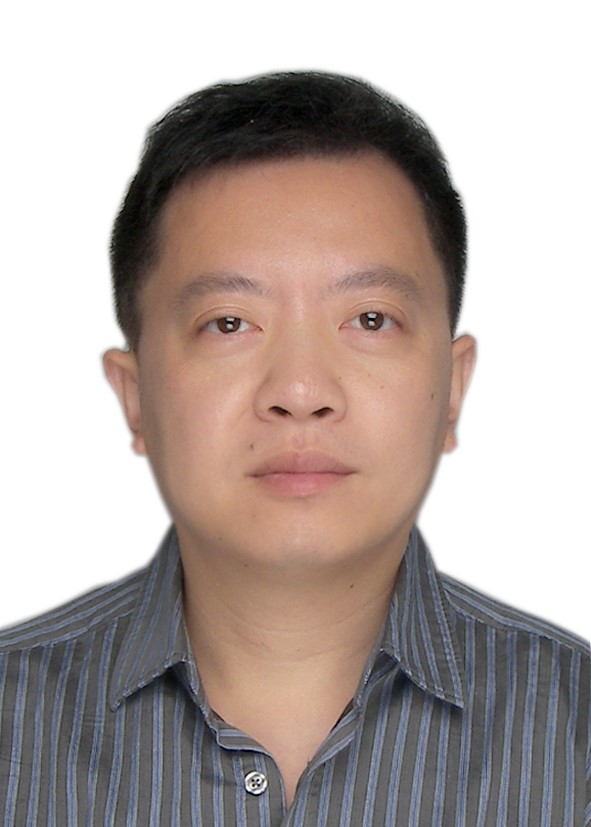报告题目:Computer Architecture and System Innovations for Enabling AI-based IoT Applications
报 告 人:Tao Li, Professor, University of Florida, IEEE Fellow
主 持 人:陈铭松 教授
报告时间:2018年8月15日 周三 14:00-15:00
报告地点:中北校区数学馆201报告厅

报告人简介:
李涛博士是美国佛罗里达大学(University of Florida)工程学院电子与计算机工程系正教授(终身教职),首批杰出教授获得者,智能计算机体系结构设计实验室主任,IEEE Fellow。李涛博士2004年于美国德克萨斯大学奥斯汀分校获得计算机工程博士学位。2015年8月-2017年12月但任美国国家自然基金委员会(NSF)计算机信息科学与工程(CISE)学部项目主任。主要研究方向为计算机系统架构(含数据中心、云计算、大数据、物联网、及机器学习软硬件系统)和前瞻计算技术(类脑计算、内存计算、量子计算),高性能计算机体系结构(多核、GPU 、加速器)、 高效/可靠/低功耗微处理器及存储系统、面向云计算和大数据数据中心、虚拟化、并行与分布式计算、新型及可重构计算架构、面向特定应用(如:AI、大数据图计算、SDN/NFV)计算架构与芯片设计、多核容错处理器、片上互连网络、面向多众核的可扩展服务器体系架构、新型前瞻技术及应用对硬件,操作系统及系统软件的影响、嵌入式与片上系统、以及计算机系统性能评估等。
李涛博士在著名的国际期刊和计算机体系结构类一级国际会议 ISCA、MICRO、HPCA、ALPLOS、SIGMETRICS、PACT、DSN发表论文120余篇,获ICCD’17、Computer Architecture Letters’ 15、HPCA’11最佳论文奖。另外8篇论文被HPCA’18、HPCA’17、ICPP’16、CGO’14、DSN’11、MICRO’08、IISWC’07 和 MASCOTS’06会议程序委员会推荐参选“最佳论文奖”。李涛教授是HPCA名人堂(HPCA Hall of Fame)排名第一的全球华人科学家。 2013年获Yahoo!重大研究计划挑战奖。2009年获美国国家科学基金会杰出青年教授奖(NSF CAREER Award)。2008年,2007年,2006年均获 IBM 学院奖(IBM Faculty Award)。2008年获得美国微软研究院安全及可扩展多核计算机奖 (Safe and Scalable Multi-core Computing Award)。2006年获得微软研究院可信计算课程研究奖(Trustworthy Computing Curriculum Award)。 2012, 2014两度获佛罗里达大学工程学院年度最佳博士生论文导师奖。
报告摘要:
In recent years, the artificial intelligence (AI) techniques, represented by deep neural networks (DNN), have demonstrated transformative impacts to modern Internet-of-Things (IoT) applications such as smart cities and smart transportation. With the increasing computing power and energy efficiency of mobile devices, there is a growing interest in performing AI-based IoT applications on mobile platforms. As a result, we believe the next-generation AI-based applications are pervasive across all platforms, ranging from central cloud data center to edge-side wearable and mobile devices.
However, we observe several architectural gaps that challenge the pervasive AI. First, the diversity of computing hardware resources and different end-user requirements present challenges to AI-based applications deployment on various IoT platforms, which results in inferior user satisfaction. Second, the traditional statically trained DNN model could not efficiently handle the dynamic data in the real IoT environments, which leads to low inference accuracy. Lastly, the training of DNN models still involves extensive human efforts to collect and label the large-scale dataset, which becomes impractical in IoT big data era where raw IoT data is largely un-labeled and un-categorized.
In this talk, I will introduce our recent research which enables pervasive AI-based IoT applications to become high-efficient, user-satisfactory, and intelligent. I will first introduce Pervasive AI, a user satisfaction-aware deep learning inference framework, to provide the best user satisfaction when migrating AI-based applications from Cloud to all kinds of platforms. Next, I will describe In-situ AI, a novel computing paradigm tailored to AI-based IoT applications. Finally, to achieve real intelligent (support autonomous learning) in IoT nodes, I will introduce an unsupervised GAN-based deep learning accelerator.